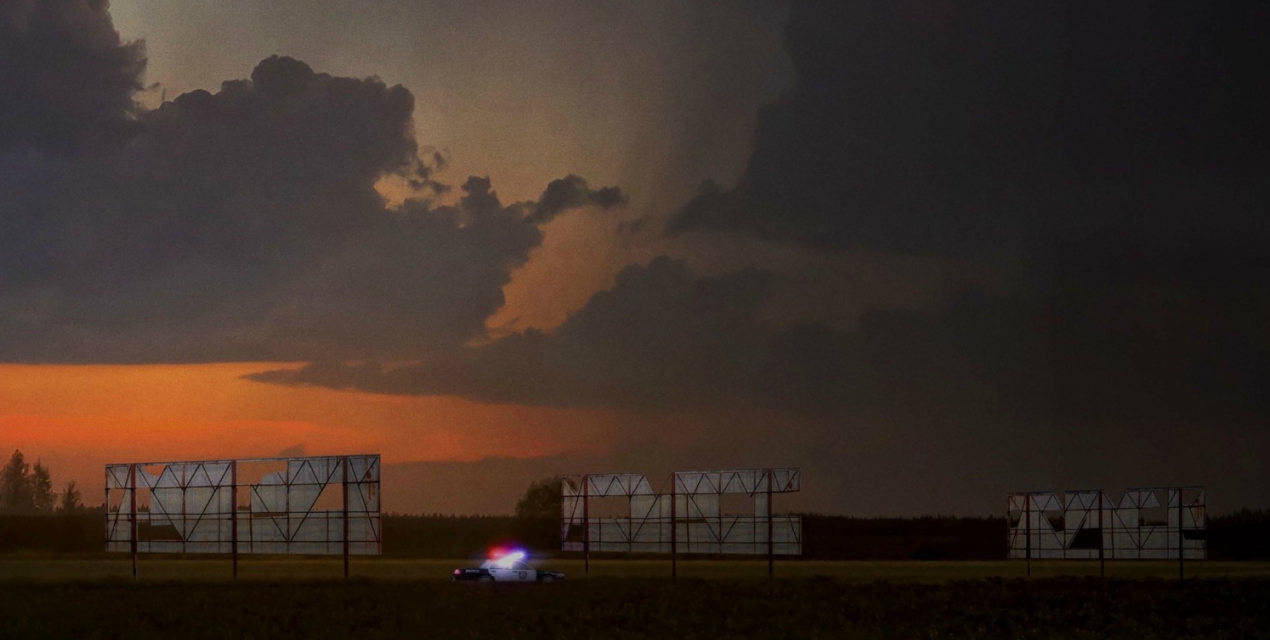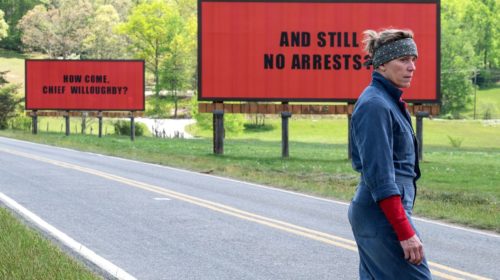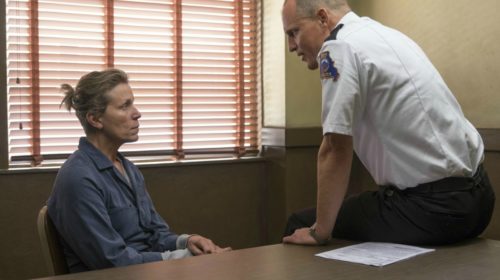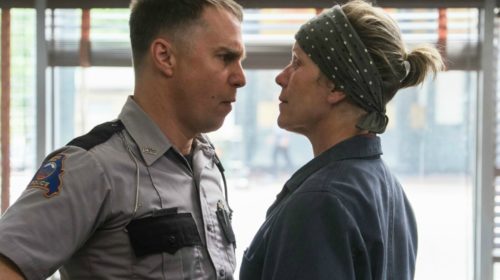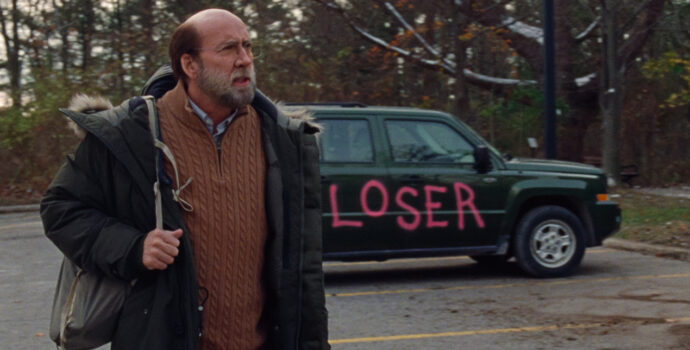Martin McDonagh’s new film is a rough and magnificent reflection on grief and vengeance
The new Martin McDonagh’s film was an Oscar frontrunner even before January 23, the day the Academy announced the nominees for the forthcoming award ceremony. You know it when you start watching Three Billboards outside Ebbing, Missouri, a sharp and bitter piece of visual poetry.
This is the third feature film by the irish-british screenwriter and director, after In Bruges (2008) and Seven Psychopaths (2012).
Set in the fictional Ebbing, the film stars Francis McDormand as Mildred Hayes, a mother who’s going through the loss of her daughter Angela, raped and killed by a stranger. One year after her death, the woman is still facing her demons: the local police has made no progress in the case and the Ebbing community is dealing with racial discrimination. When Mildred notices three abandoned billboards near her house, she decides to use them to advertise her rage, openly accusing the police chief Bill Willoughby, the man who led the investigation. Obviously, he’s not the only responsible for the failure of justice and the woman’s grief is so devastating that it starts involving all the people around her (including her ex husband and her other son, Robbie).
As Mildred’s public act gets the attention from her community and the local media, the code of silence is broken: her billboards set up a war in Ebbing and they also bring to surface the characters’ personal stories and the conflicts affecting the small town. Bill Willoughby is fighting a cancer and he’s too busy accepting his mortality to reopen the case; his reckless colleague, Jason Dixon, could probably help the woman, but racism and homophobia are gradually consuming him; Red Welby sees his own safety compromised after advertising Mildred’s messages, while the woman finds a true friend in James, a man who seems to understand the world behind her hasty deeds.

Three Billboards outside Ebbing, Missouri is a rough and magnificent reflection on grief and vengeance: all the characters are on their personal journey but, until the end, we don’t know if it’s leading to redemption or hopelessness. Despite many comic brush strokes, the pain Donagh describes is profound, visceral and gloriously portrayed by Francis McDormand who’s running for an Academy Award together with Woody Harrelson and Sam Rockwell, both competing in the category Actor in a Supporting Role. However, from Abbie Cornish to Peter Dinklage, everyone’s contribution is essential in this tragicomic story that, scene after scene, turns into a powerful choral film. McDonagh’s ability behind the camera and Ben Davis’ cinematography complete this rural portrait of America, expertly written and born to leave a mark on cinema history.

